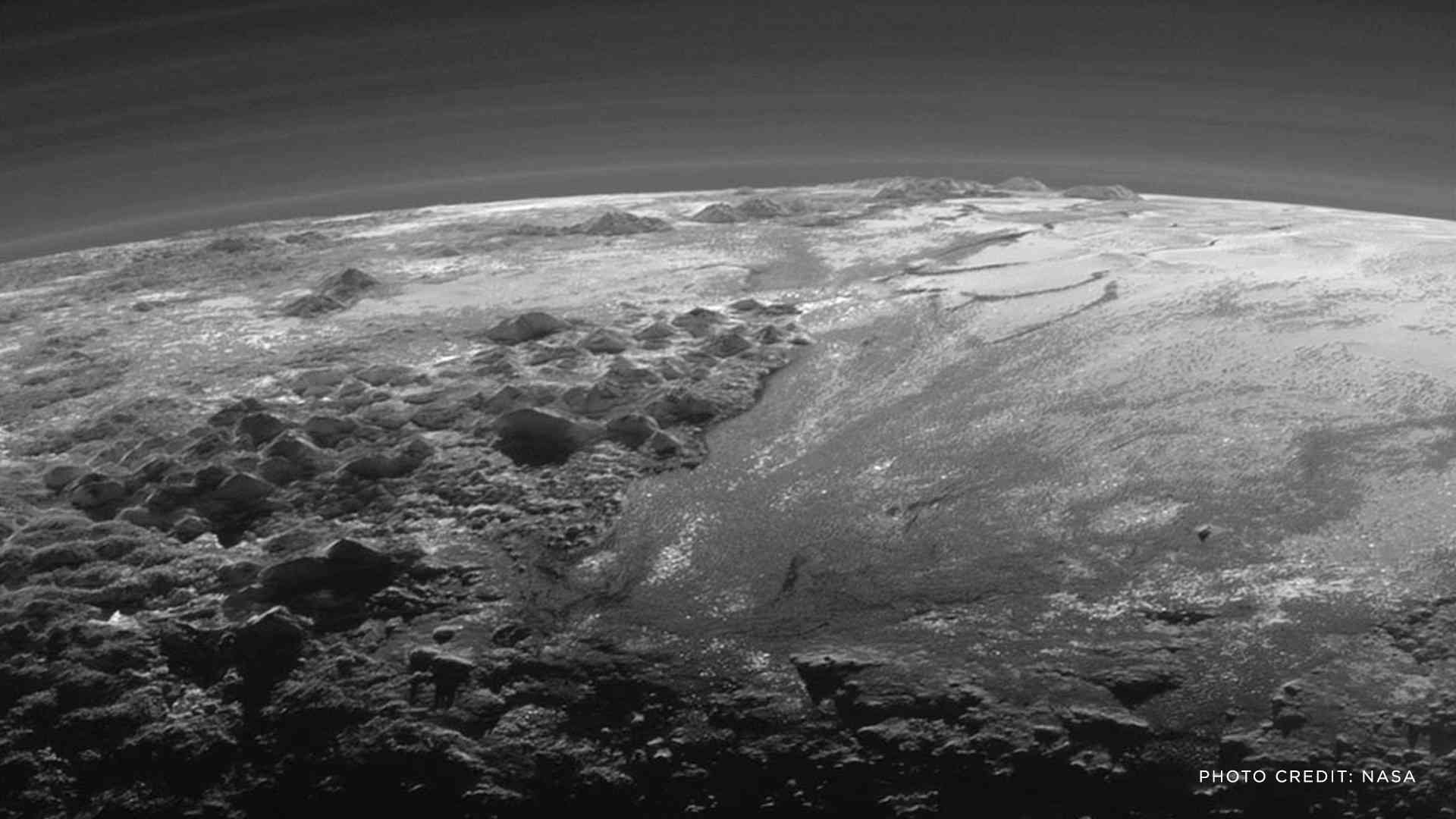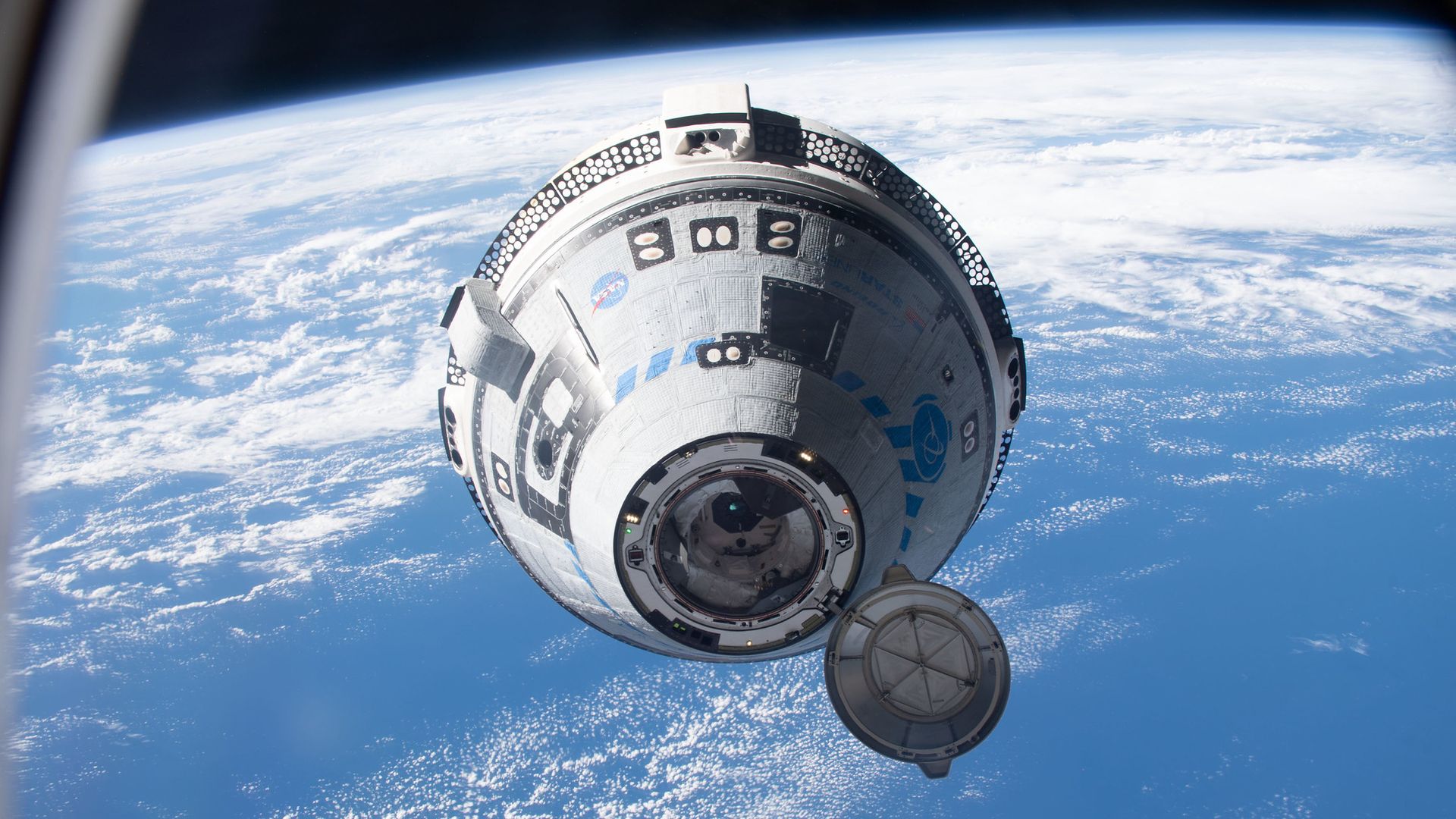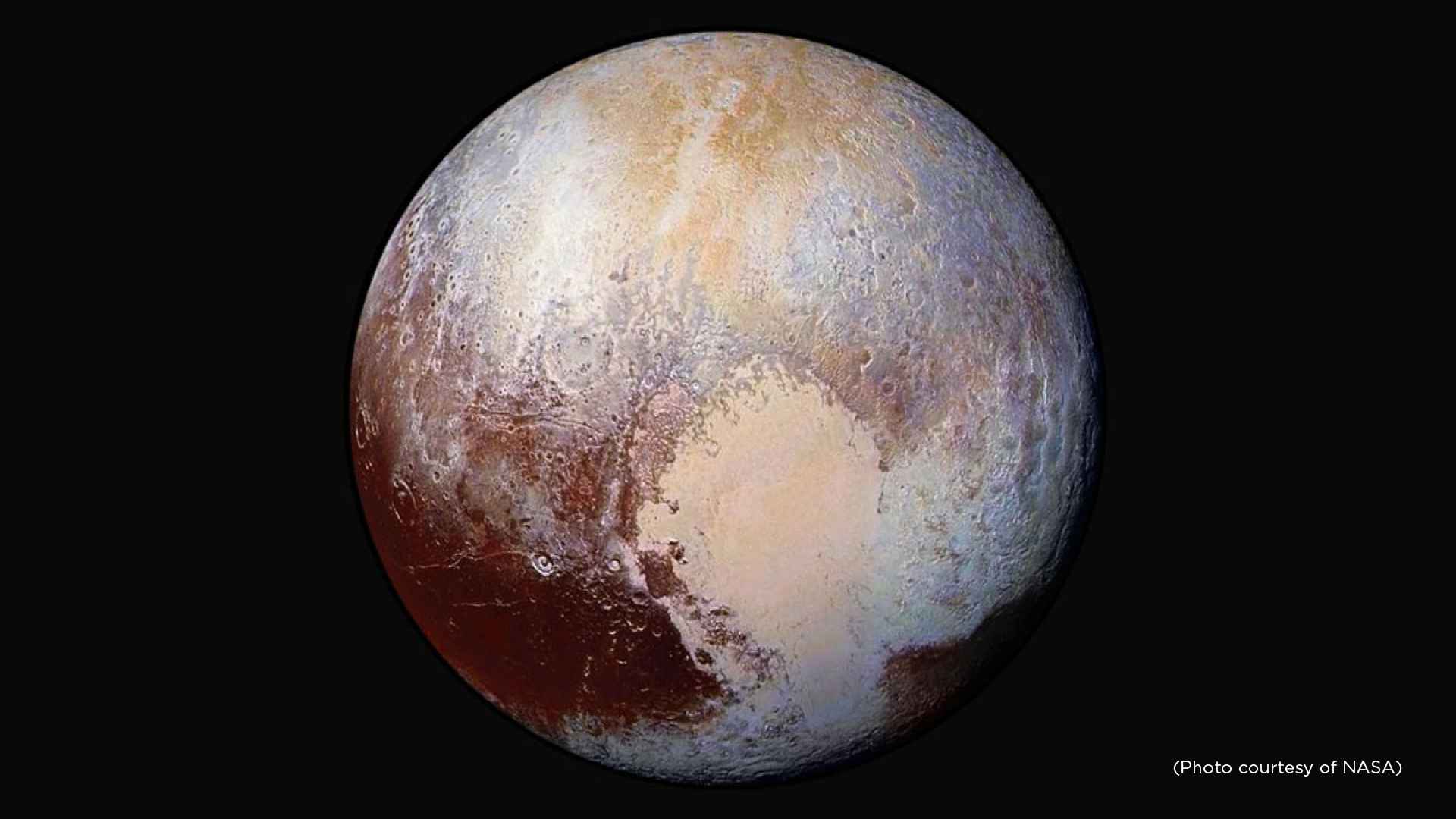| | | | | | | Presented By University of Central Florida | | | | Axios Space | | By Miriam Kramer · May 24, 2022 | | Thanks for reading Axios Space. It's good to be back. - At 1,336 words, this newsletter is about a 5-minute read.
Please send your tips, questions and the best things I've missed to miriam.kramer@axios.com, or if you received this as an email, just hit reply. | | | | | | 1 big thing: Space matters |  | | | Illustration: Brendan Lynch/Axios | | | | The relatively small space industry is having an increasingly outsized influence on life on Earth — from geopolitics to GPS directions. Why it matters: People, companies and nations are pouring billions of dollars into establishing themselves in space. But it is a costly endeavor, so far limited to a few, wealthy entities that have power over the industry on Earth and are shaping it in space. Driving the news: Space has proven to be more essential than ever to the way we understand what's happening on Earth, and that can best be seen through the essential role satellites have in monitoring — and aiding in — the war in Ukraine. - Photos from space have allowed the public and governments to understand what's happening in Ukraine — for example, they provided evidence of Russian atrocities in Bucha that can be cited by war crimes investigations.
- SpaceX's Starlink is providing internet access to parts of Ukraine, allowing civilians to share their experiences of war with the world.
- Much of this is being done using private means, raising concerns that some space companies are able to wield soft power once only reserved for nation-states.
The big picture: War — and everyday life — depends on space for support. Remote tools for key infrastructure like wind turbines are monitored using satellite connectivity, while power grids and banking systems rely on GPS satellites. - "Most people have no idea," the Secure World Foundation's Brian Weeden told me. "They don't drive past something like a giant wind turbine and think about, 'Oh, yeah, we probably have an internet connection for that thing.'"
- The industry's importance to everyday life also translates to the prioritization of space by nations — like the establishment of the U.S. Space Force.
Billionaires have also become the face of the industry, reflecting their values on their companies and therefore giving the public a window into what matters to them. - So understanding how Elon Musk runs a company like SpaceX can help illuminate how he might manage Twitter.
Between the lines: As nations realign on Earth, they also realign in space, changing the geopolitical landscape in orbit and beyond. - "Space trails events on Earth," space analyst Laura Seward Forczyk told me.
- For example, NASA and Russia's relationship in space started to devolve after Russia's invasion of Crimea in 2014, a chilling of the alliance that continues today.
- Now, Russia is starting to align itself with China, making plans to create a joint research base on the Moon.
Yes, but: While Russia's relationship with the U.S. has deteriorated on the whole, the two nations have had to continue talking to keep cosmonauts and astronauts on the International Space Station safe. What's next: Space will continue to grow in importance in the coming years. - Weather satellites are already essential for forecasting, and spacecraft are now being used to spot the beginnings of wildfires.
- Earth-gazing satellites are monitoring climate change and the worst emitters of greenhouse gases, making it harder for polluters to hide from the consequences.
- Space is also increasingly becoming a war-fighting domain as nations rely on satellites more and more for situational awareness during wars waged on the ground.
The bottom line: Space matters more than ever. |     | | | | | | 2. Exclusive: Seed funding for Lunar Outpost |  | | | The Moon. Photo: JPL/NASA | | | | Lunar Outpost — a company focused on building rovers and instruments to explore the Moon and mine its resources — has raised $12 million in seed funding. Why it matters: The Moon is poised to become a major geopolitical and scientific center of operation in space, as more nations and companies turn their attention to the lunar surface. - A number of companies have plans to take advantage of that interest by figuring out how to extract resources from the Moon and get paid to do it.
What's happening: Lunar Outpost's seed round is expected to help fund the company's plans to build a new type of autonomous rover for the Moon and amp up its current offerings. - "It's not just a robot that's going to the Moon for 10 days, and then it's going to die. It's that we're building robots to last and operate for years at a time," Lunar Outpost CEO Justin Cyrus told me.
- Lunar Outpost already has a contract with NASA — for $1 — to collect some lunar dirt, which the space agency will then take possession of. It's not a big moneymaker for the company, but it will help establish a framework for private companies to mine the Moon on behalf of a nation.
- The company already helped design an instrument aboard the Perseverance rover on Mars called MOXIE, which will test out how future missions might create oxygen from the Martian atmosphere.
- The company plans to launch one of its rovers to the Moon within the next year.
Yes, but: This kind of work isn't easy, and the market for private companies aiming to send their wares to the Moon isn't yet defined. - "It's all a matter of when the market comes forward, on not only the lunar surface, but Mars and beyond," Cyrus said.
- Lunar Outpost plans to continue developing tools that have multiple applications on Earth and other worlds.
- Extracting resources from the Moon also presents its own special set of technical challenges that companies will need to overcome in order to operate at scale on the lunar surface.
|     | | | | | | 3. The Hubble not so constant |  | | | Some of the host galaxies for supernovas studied by the Hubble. Photo: NASA, ESA, Adam G. Riess (STScI, JHU) | | | | Thirty years of data from the Hubble Space Telescope have allowed scientists to piece together a more exact measurement of how fast the universe is expanding. Why it matters: The unit known as the Hubble constant is key to understanding the history — and future — of our universe's evolution as well as its current age, estimated at 13.8 billion years old. Driving the news: A new study to be published in the Astrophysical Journal uses a certain type of supernova with predictable brightening and dimming to track the expansion of the universe. - Scientists used the Hubble to track 42 Type Ia supernovas that are ideal "mile-markers" when trying to figure out distances from galaxy to galaxy.
- The team found the Hubble constant should be 73 plus or minus 1 kilometer per second per megaparsec.
- Because of the large number of supernova observations used to arrive at that value, "there is only a one-in-a-million chance astronomers are wrong due to an unlucky draw," according to a NASA press release.
Yes, but: The value for the constant doesn't square with another, important prediction of the Hubble constant by the European Space Agency's Planck telescope. - That telescope mapped the cosmic microwave background (CMB) — radiation that permeates the universe left over from the Big Bang — and found the Hubble constant should be just 67.5 plus or minus 0.5 kilometers per second per megaparsec.
- If both values and others supporting them are correct — one measuring the early universe using the CMB and one measuring the late using supernovas — it could mean that the Standard Model of cosmology is wrong.
- "Actually, I don't care what the expansion value is specifically, but I like to use it to learn about the universe," Adam Riess, of Johns Hopkins University, a leader of this research and an author on the new study, said in the press release.
|     | | | | | | A message from University of Central Florida | | Is Pluto a planet? New research suggests yes | | |  | | | | A recent study led by planetary scientist and University of Central Florida alumnus, Phillip Metzger, found that the reason Pluto lost its planet status is not valid. The story: The study shows that the clearing-orbit requirement to classify planets is not supported in scientific literature. | | | | | | 4. Out of this world reading list |  | | | Boeing's Starliner above the Earth. Photo: NASA | | | | SpaceX executive defends Elon Musk against sexual misconduct allegations (Shawna Chen, Axios) Teams in New Mexico gear up for Wednesday landing of Boeing Starliner capsule (Leonard David, Space.com) NASA engineers trying to figure out strange readings from aging interstellar spacecraft (Loren Grush, The Verge) What the UFO discussion really needs (Marina Koren, The Atlantic) Shards of the planet Mercury may be hiding on Earth (Jonathan O'Callaghan, New York Times) |     | | | | | | 5. Weekly dose of awe: A strong solar flare |  | | | Photo: NASA/SDO | | | | Solar flares may just be the Sun's way of showing us who's really boss. The big picture: Scientists are predicting that this solar cycle, which began in 2019 or 2020, is due to peak by around 2025, so expect this increase in activity from our Sun to continue. |     | | | | | | A message from University of Central Florida | | Pluto's planet status | | |  | | | | The current planet definition that booted out Pluto is invalid, according to a recent study by planetary scientist and University of Central Florida alumnus, Phillip Metzger. - The study recommends the planet definition should focus on whether it is or has been geologically alive.
Learn why. | | | | Big thanks to Alison Snyder and Sheryl Miller for editing this week's edition. If this newsletter was forwarded to you, subscribe. 🚀 |  | It's called Smart Brevity®. Over 200 orgs use it — in a tool called Axios HQ — to drive productivity with clearer workplace communications. | | | | | | Axios thanks our partners for supporting our newsletters. If you're interested in advertising, learn more here.
Sponsorship has no influence on editorial content. Axios, 3100 Clarendon Blvd, Suite 1300, Arlington VA 22201 | | | You received this email because you signed up for newsletters from Axios.
Change your preferences or unsubscribe here. | | | Was this email forwarded to you?
Sign up now to get Axios in your inbox. | | | | Follow Axios on social media:    | | | | | |
No comments